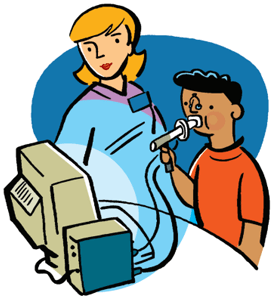- Find a Doctor
-
For Parents
- Before Your Visit
- During Your Visit
- After Your Visit
- More Resources for Parents
Patient & Visitor Resources -
Services
- Locations
-
About Us
- About Childrens
- Find it Fast
- Additional Resources
Find it FastAdditional Resources - MyCHP
ALERT:
There is construction in and around UPMC Children’s Hospital that is affecting the traffic flow – please allow for extra time traveling into the hospital.
- Find a Doctor
- For Parents
-
Services
-
Frequently Searched Services
- Asthma Center
- Brain Care Institute (Neurology & Neurosurgery)
- Cancer
- UPMC Children's Express Care
- Ear, Nose, & Throat (ENT)
- Emergency Medicine
- Endocrinology
- Gastroenterology
- Heart Institute
- Genetic & Genomic Medicine
- Infectious Diseases
- Nephrology
- Newborn Medicine
- Primary Care
- Pulmonary Medicine
- Rheumatology
- Surgery
- Transplant Programs
- See All Services
-
Frequently Searched Services
- Locations
- About Us
- MyCHP
- I Want To
- More Links










 If your child has any special needs or health issues you feel the doctor or pulmonary function technician performing the test needs to know about, please call the Division of Pulmonary Medicine, Allergy and Immunology at UPMC Children’s before the test and ask to speak with a pulmonary function technician. It is important to notify us in advance about any special needs.
If your child has any special needs or health issues you feel the doctor or pulmonary function technician performing the test needs to know about, please call the Division of Pulmonary Medicine, Allergy and Immunology at UPMC Children’s before the test and ask to speak with a pulmonary function technician. It is important to notify us in advance about any special needs.